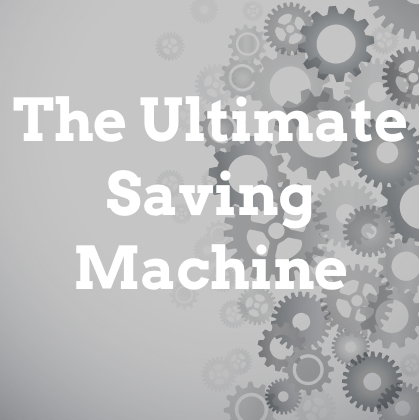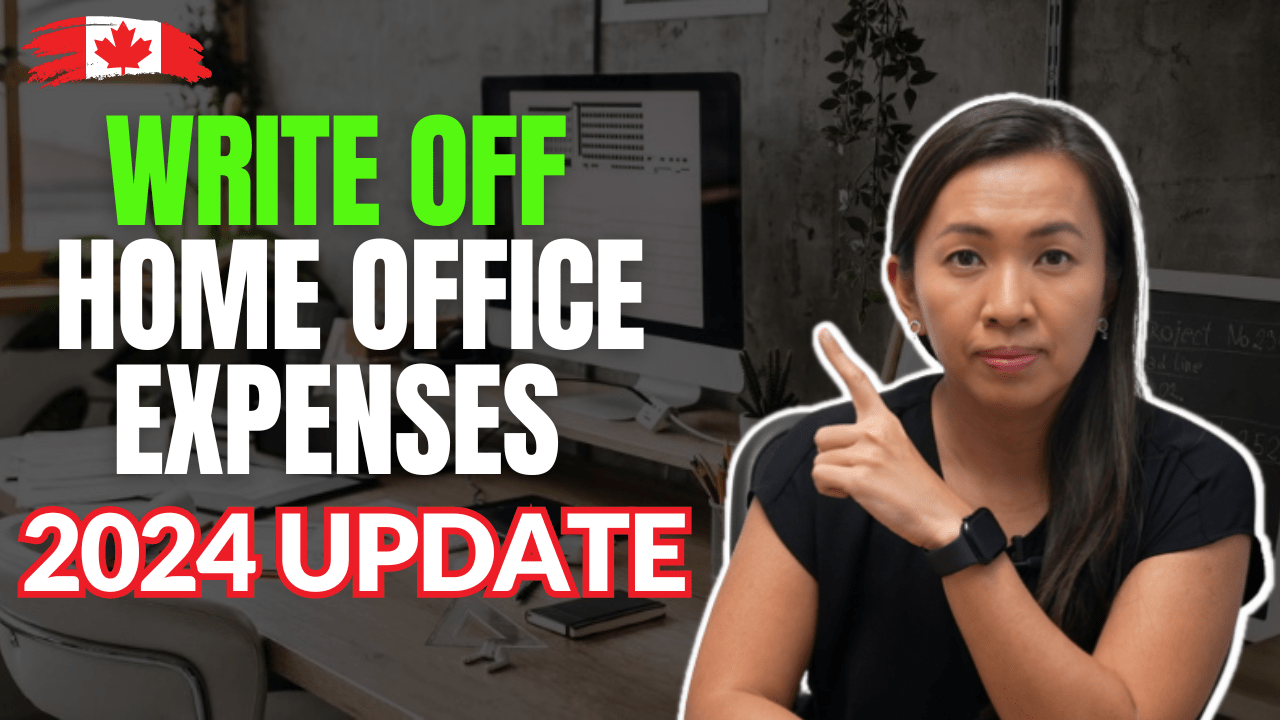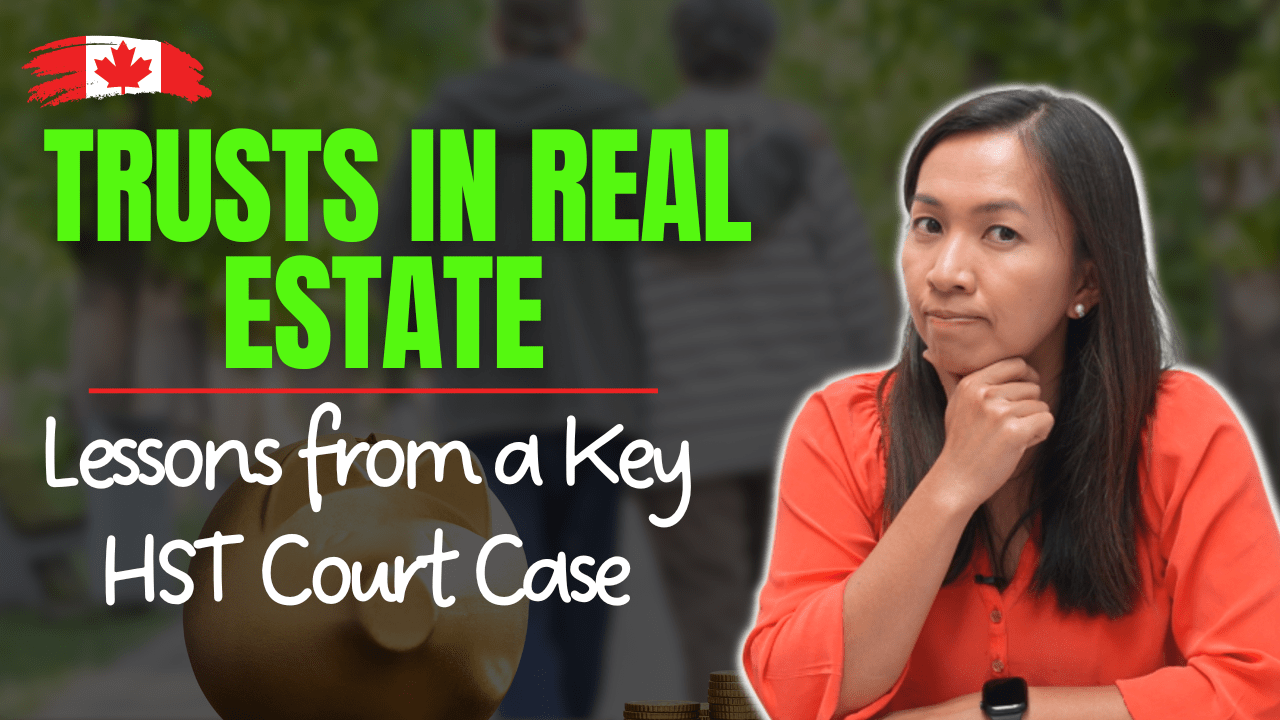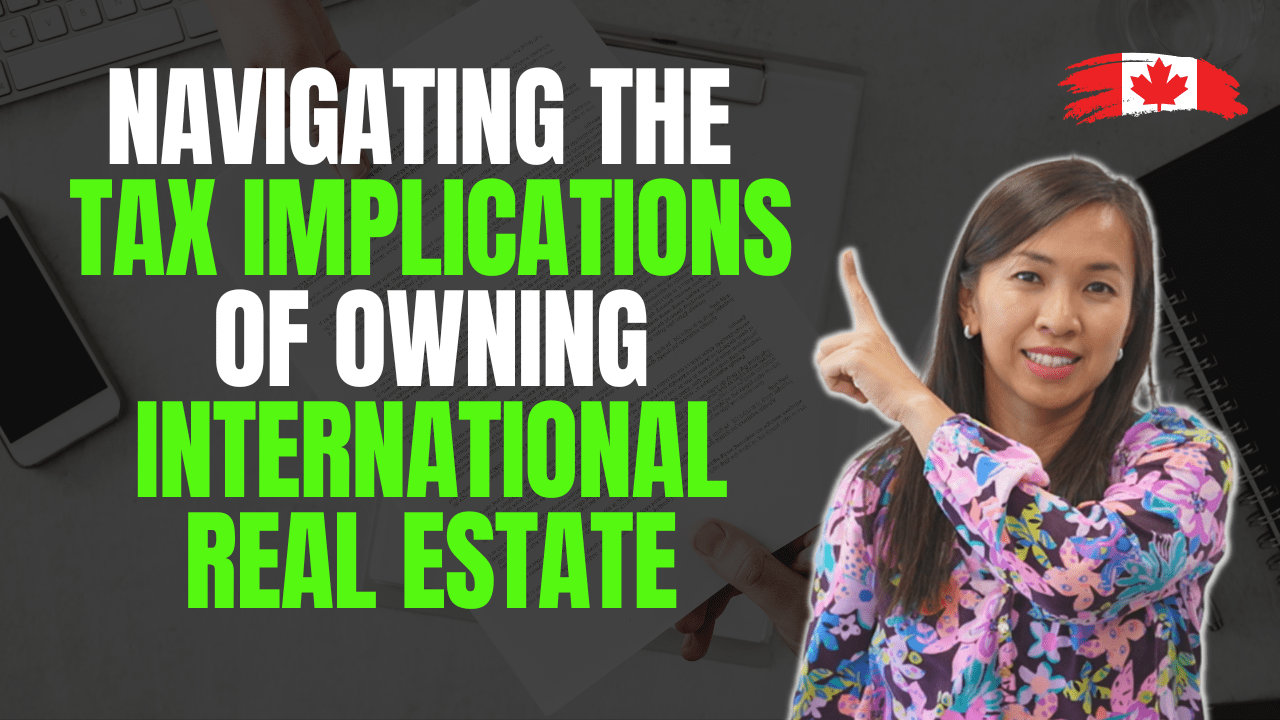I am in the process of restructuring our portfolio. It’s often at this time when we deal with the bank that we come to realize how much our real estate portfolio has done for our family.
When I bought the Toronto townhouse, I knew I was doing the right thing but I was still scared. I was single, buying a three bedroom townhouse in the west-end of Toronto, banking on the fact that I would make more money down the road. I was hopeful going into this. However, I knew that there would be ways out if I couldn’t sell the house. One of my friends couldn’t sell his recently flipped house once. He began to worry until he came across a company that could sell house fast on his behalf. This meant he could get his money back quickly and move on to his next project. After hearing that, I’m hopeful that I’ll still be able to sell the house if no one wants to purchase it immediately. Going into this, I was slightly nervous, but my friends have been able to relax me and persuade me to go with my heart.
I still remember, I called my mom up and told her, “I’m signing my life away now. I don’t think the house will have any appreciation, but it is the right thing to do!”
That was five years ago, committing to a 30 year mortgage. It was scary.
I wasn’t as experienced as I am today. I had no education about the Canadian economy and why the rates are unlikely to go up for a very long time. In hindsight, I definitely should have contacted a financial advisor in my country similar to Simon Conn (simonconn.com) in the UK who could have perhaps given me accurate advice on the steps I was about to take. Without any external guidance, I chose to go variable, simply because the payment was cheaper.
Turned out I was right.

Fast forward to today, five years later, we’re still paying the same prime minus 0.8% variable interest rate.
House values have gone up significantly during these past five years. It had actually gone up sufficiently enough in the first year that it allowed me to purchase my first student rental.
Cumulatively it has gone up by 46%.
It has been rented out for 3.5 years now. It provides a significant amount of principal pay down and a small amount of monthly cash flow.
We are now at the end of the five years and it’s time for a mortgage renewal.
This can be a bit personal, but Erwin and I are struggling with saving money. My financial education started with my parents giving me a weekly allowance for all my spending in my teenage years.
I learned to plan my week’s spending within the allowance limit. It included my travel cost, my lunches and my movie money. There was no such thing as a line of credit, I learned to spend within my means, of course. But I never really learned to save.
Recognizing our weakness, I decided to shorten the amortization period of this mortgage and increase the frequency of mortgage payments (instead of monthly, we are opting for bi-weekly payment).
Paying down the mortgage of a rental property faster is probably not the smartest tax move, is it?

In an ideal world, we should maximize the amortization period and opt for the monthly mortgage repayment. Any cash flow accumulated should be used to pay down my personal residence in my house first. I’ve been learning ways to save money as a homeowner and I’ve found that comparing energy plans has been a particularly effective way to do this.
Our goal is to buy a couple more houses in the next few years. As much as I would love to pay down our personal home mortgage, we don’t really have much flexibility to access the equity in our home.
With this Toronto townhouse, for every dollar that we pay down the mortgage, my line of credit is increased by the same amount.
This may not be the smartest tax move, but it allows me the flexibility of pulling the money out for another investment property’s downpayment.
Indeed, this is exactly what we are doing. We are using the room available in the line of credit as the downpayment for Bruce’s house.
Knowing my goals and recognizing my weakness, I am just using mortgage payment, which is a legal obligation, to our advantage. Forcing us to save, getting to our goals faster.
I am really grateful that I somehow made the decision to purchase this property five years ago. I wouldn’t even know how I would be able to save this much money with only one property.
That’s the power of real estate.
Until next time, happy Canadian Real Estate Investing.
Cherry Chan, CPA, CA
Your Real Estate Accountant






gil hewer
An excellent article, that emphasizes that buying one’s first income property is usually the most difficult, but it has to be done. We all have to overcome our fears ( after doing our research of course) and take that seemingly giant first step in order to achieve financial freedom. Well done Cherry.
Gil Hewer
The Lawrence Team at
Royal lePage Frank Real Estate
Cherry Chan, the Real Estate Accountant
Thanks Gil! Glad you like it.
Erwin
Great point!! The first property looks like a mountain to climb but it’s doable with the right team of experts to guide you. Plus the income and tax benefits alone should motivate anyone to do so